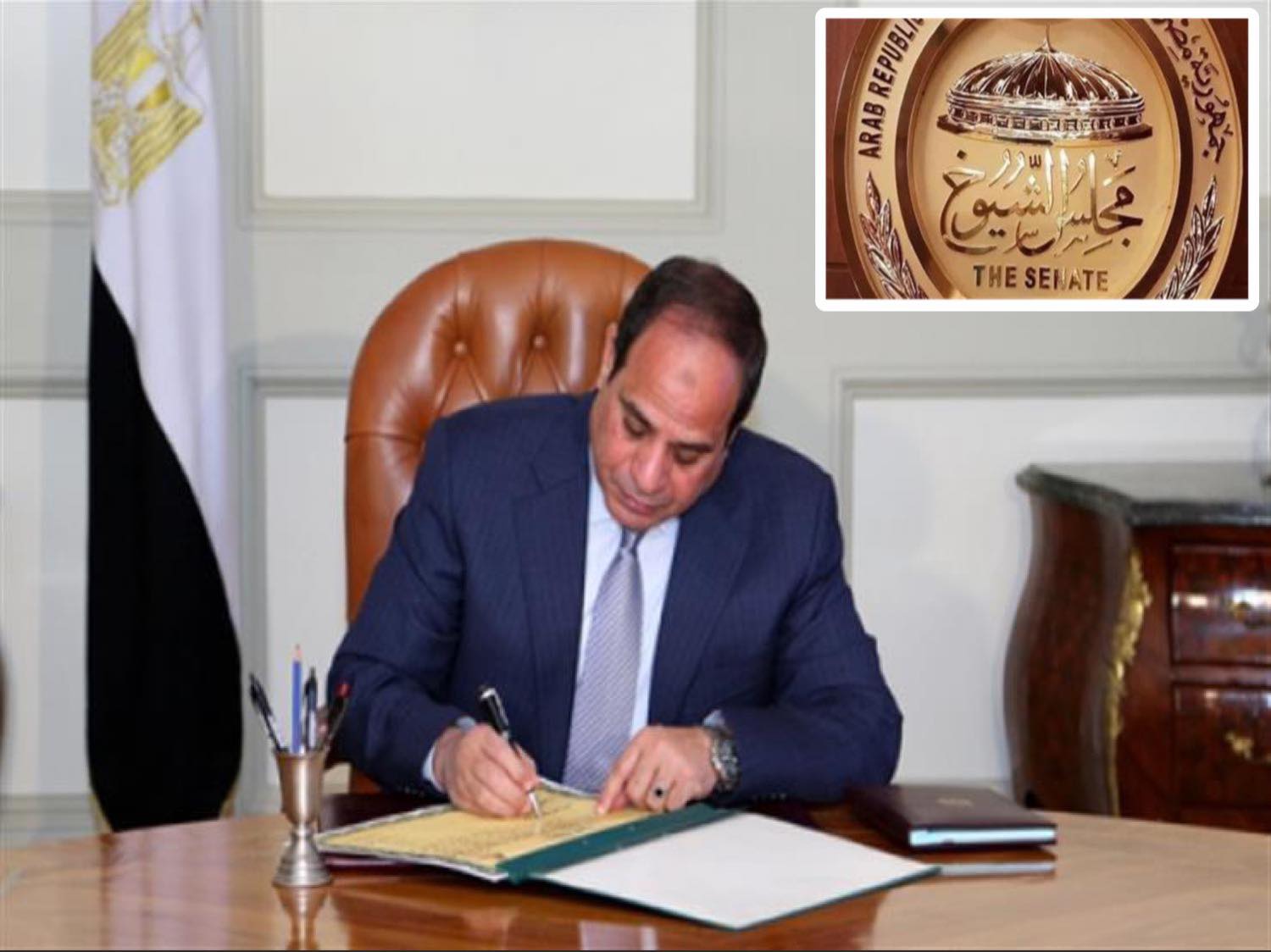August 9, 2019
“You need to get a permit from the Interior [Ministry] before any press coverage,” said one of the security leaders within the Interior Ministry in Egypt, ending any hope that journalists can continue to work in the face of all the constraints they face.
Member of the Journalists’ Syndicate Council, Amr Badr, protested against these words, stressing that this was illegal. He admitted, however, that the press in Egypt was facing a disaster borne by many journalists who were detained while working on the street, while photographing shops, or doing anything that has nothing to do with politics. He also referred to some cases in which the security forces sent journalists to the prosecution to protract their suffering.
Security constraints on journalists have strikingly multiplied over the past few years. The last of these restrictions was last Friday when the Egyptian security forces in the province of Qalioubia arrested journalists Khaled Warabi and Hani Shamshon and held them in a police station as they were preparing a report on meat prices during Eid al-Adha.
Before they were detained, one of the security leaders told them that they needed a permit from the Interior Ministry before members of the Egyptian Journalists’ Syndicate Council intervened to release them.
Badr confirmed that his committee has started monitoring the cases of colleagues who have been detained because of so-called “illegal press coverage.”
Badr pointed out that the total number of such cases will be announced soon. The Freedoms Committee of the Egyptian Journalists’ Syndicate issued an urgent memorandum on Saturday to the Press Syndicate Council against “press coverage permits.” Many journalists were subjected to detention by the security services while covering events or while filming in preparation for press reports, and taken off the street.
The reason declared by the Interior Ministry as a justification for the detention of colleagues is the lack of a permit. This permit is supposed to be issued by the public relations department of the ministry. The committee said that that statement was illogical and constituted an unacceptable transgression of the law.
The Committee highlighted that Law 180 of 2018 permits journalists to cover conferences, meetings and public meetings, and allows interviews with citizens and photography in places that are not prohibited. The law restricts the request for authorisation according to the provisions of the law to “cases that require this.”
The memo said that the prevention and detention included colleagues who reported on the Alexandria tram, the price of sacrificial meat in the markets, or the filming of traffic lights or even the portrayal of sports events. It added that the idea of “pre-permission” destroys press work, which is based on speed, especially with the spread of the electronic press. The committee stressed that the Interior Ministry had exceeded the law and did not abide by its clear text which “undermines the freedom, security and dignity of journalists,” the memo said.
On May 28, 2018, Egyptian security forces arrested journalist Mai Sabbagh, who was with photographer Ahmad Mustafa, while conducting a photographic investigation into the Alexandria tram. The Eastern Alexandria prosecution decided later to release Al-Sabbagh on bail of EGP 2,000 and Mustafa on bail of EGP 1,000.
This incident was repeated with other journalists in other incidents, such as covering the fire at the Egyptian railway station in Ramses Square in downtown Cairo and covering the concrete walls built by the Egyptian Army on the Alexandria Corniche.
The Ministry of the Interior’s decision to compel journalists to obtain security permission before covering an event is a mercy killing for journalism which has already suffered several difficulties over the past years.
These difficulties include the announcement of a list of sanctions by the Supreme Council for the Regulation of the Press and Media, which journalists described as harsh and arbitrary, as well as the unified media law, in addition to the arrest of dozens of journalists.
During the past several years Egyptian authorities have imprisoned journalists for publishing stories about incidents that contradict what the state apparatus wants, especially with regard to military operations in Sinai. The most famous of these journalists is Ismail al-Iskandarani, who was sentenced to 10 years in a military trial.
Permission from the Interior Ministry prior to the coverage of any event means that the journalists cannot work before obtaining a permit, meaning that he will have to go to the Interior Ministry every day, two or three times, to get permission.
The only option for journalists now is to republish governmental ministry and institutional statements, without going out on the street for any journalistic work. It is simply euthanasia of the journalistic profession in Egypt.





Recent Comments